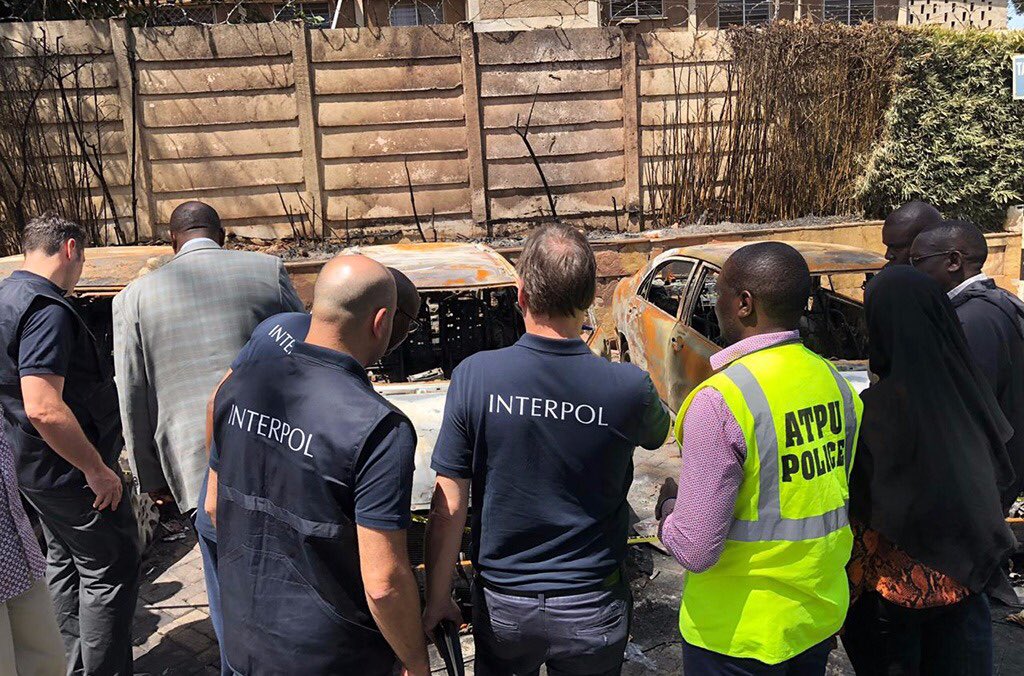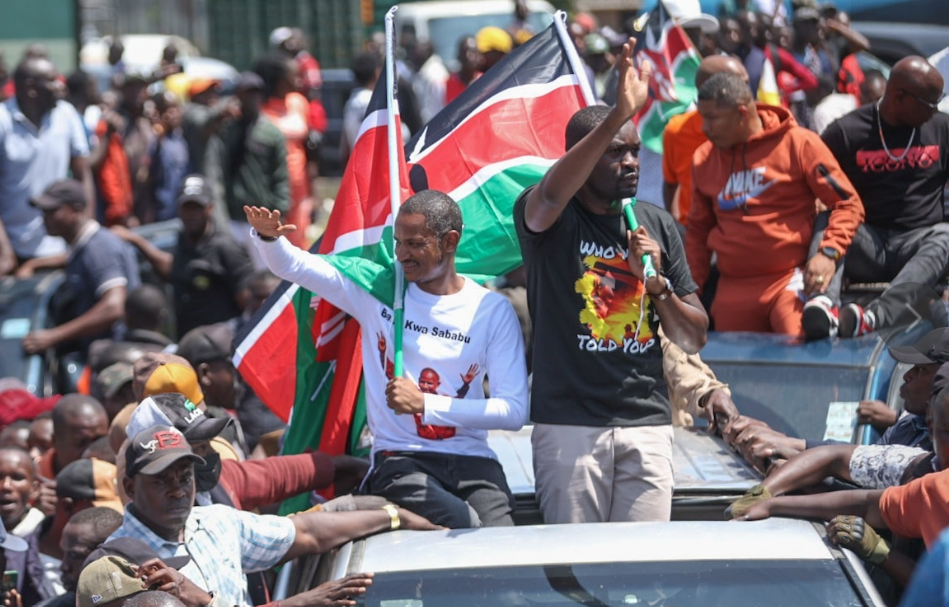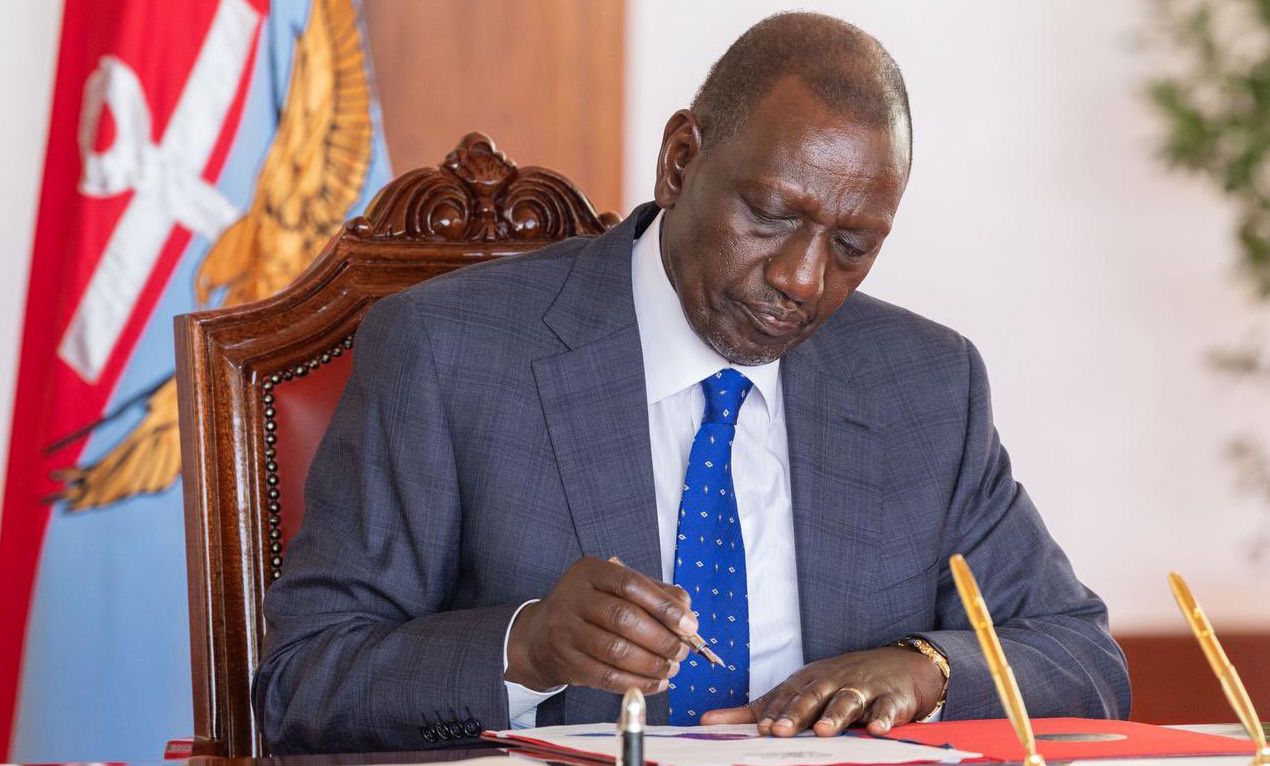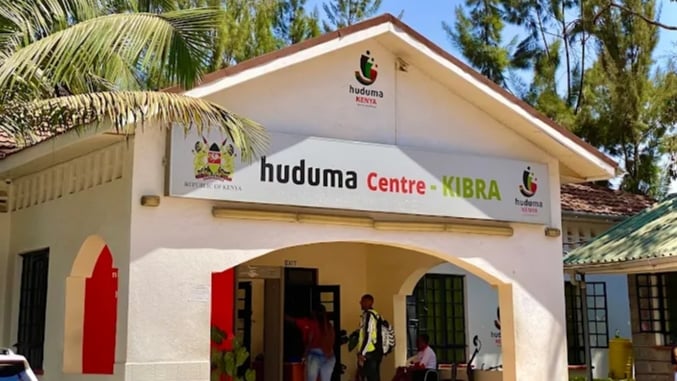A counter-terrorism operation in East Africa has resulted in the arrest of 37 suspects and the seizure of various weapons, both small arms and heavy weaponry.
In a statement on Monday, January 27, INTERPOL said the joint operation, spearheaded by INTERPOL and AFRIPOL, targeted suspected members of ISIS, Al-Shabaab, and other foreign terrorist fighters.
According to the organization, the operation was conducted across eight East African countries between November and December 2024.
“Arrests were made across eight East African countries during a joint INTERPOL and AFRIPOL operation aimed at identifying and arresting suspects with links to terrorism and strengthening key border controls,” said INTERPOL in a statement.
In Kenya, INTERPOL stated that authorities arrested 17 individuals, including two suspected ISIS members and several foreign terrorist fighters.
Read More
The organization said those detained were involved in activities such as terrorism financing, radicalization, and the dissemination of extremist propaganda.
Additionally, police in the D.R Congo arrested six suspects, including four alleged members of the Allied Democratic Forces (ADF).
During this operation, INTERPOL said authorities seized and destroyed a missile and an anti-tank device abandoned by suspected terrorists.

On the other hand, Somalia reported the arrest of three individuals, including a suspected bomb maker for Al-Shabaab’s Amniyaat unit.
According to INTERPOL, the suspect is accused of planting improvised explosive devices (IEDs) targeting law enforcement and military personnel.
Another detainee is believed to have carried out grenade attacks on police checkpoints.
In Tanzania, police detained an alleged member of ISIS Mozambique and a Ugandan national who was attempting to join a terrorist group in Mozambique as a foreign fighter.
INTERPOL noted that the success of the operation was attributed to extensive planning and intelligence-sharing.
"Prior to the operation, each participating country prepared an operational plan, gathering intelligence on terror-related targets, including individuals and their known locations. INTERPOL and AFRIPOL consolidated and analysed this information and shared it with all participating countries, facilitating a significant exchange of criminal intelligence.
"During the tactical phase of the operation each country carried out strategic investigations and raids. Police received on-the-ground support from INTERPOL and AFRIPOL officers, who provided coordination, logistics and real-time data analysis," INTERPOL explained.






